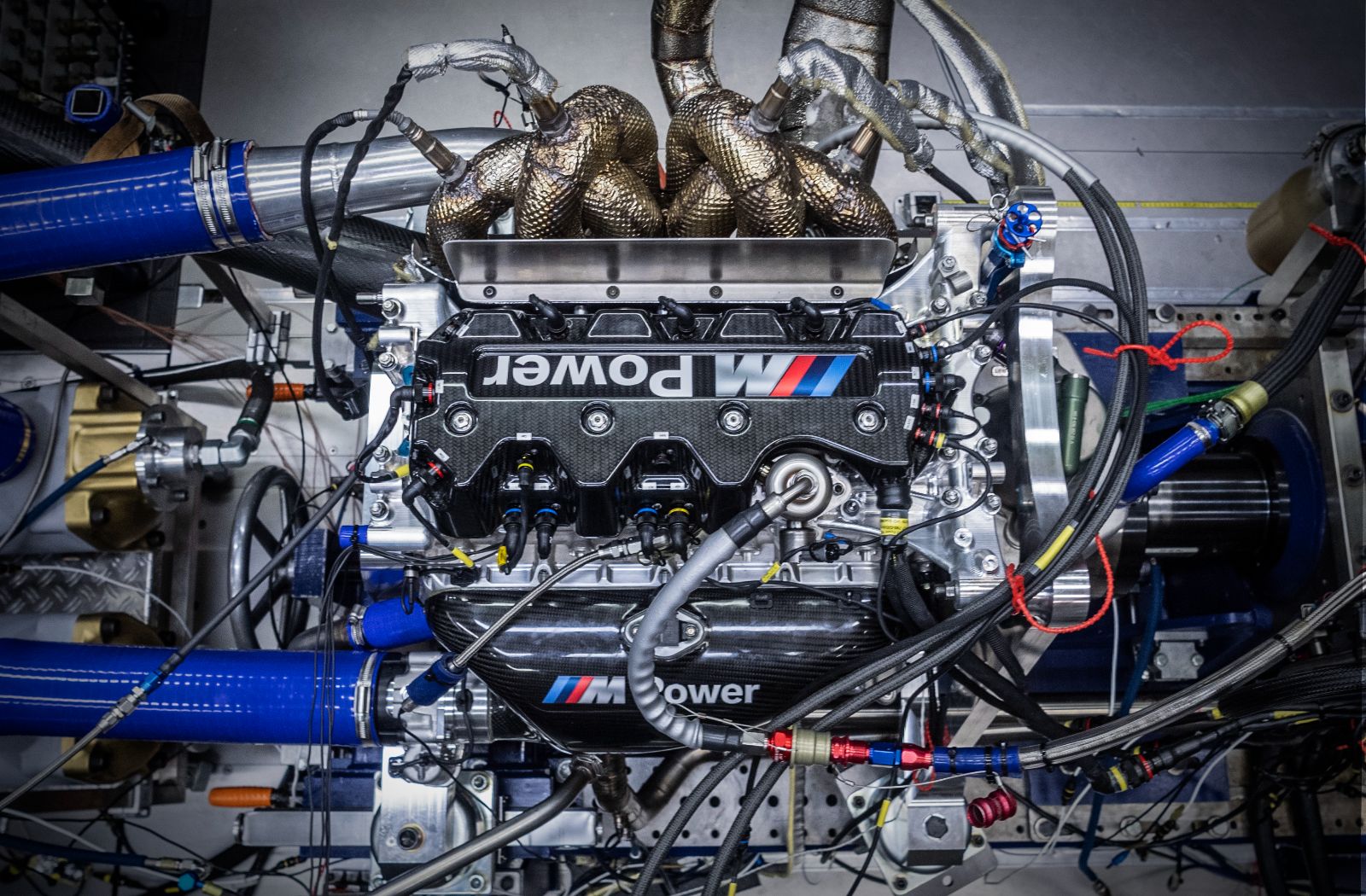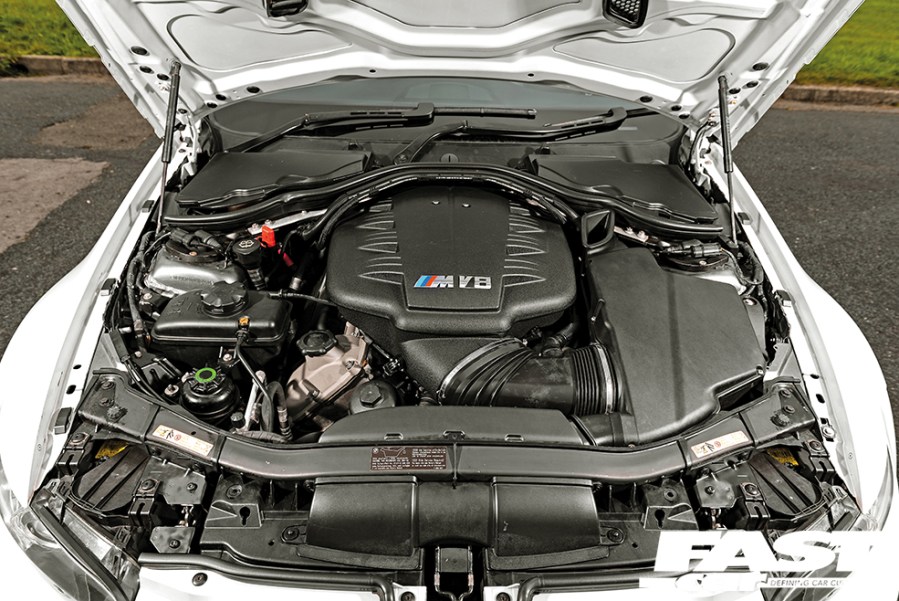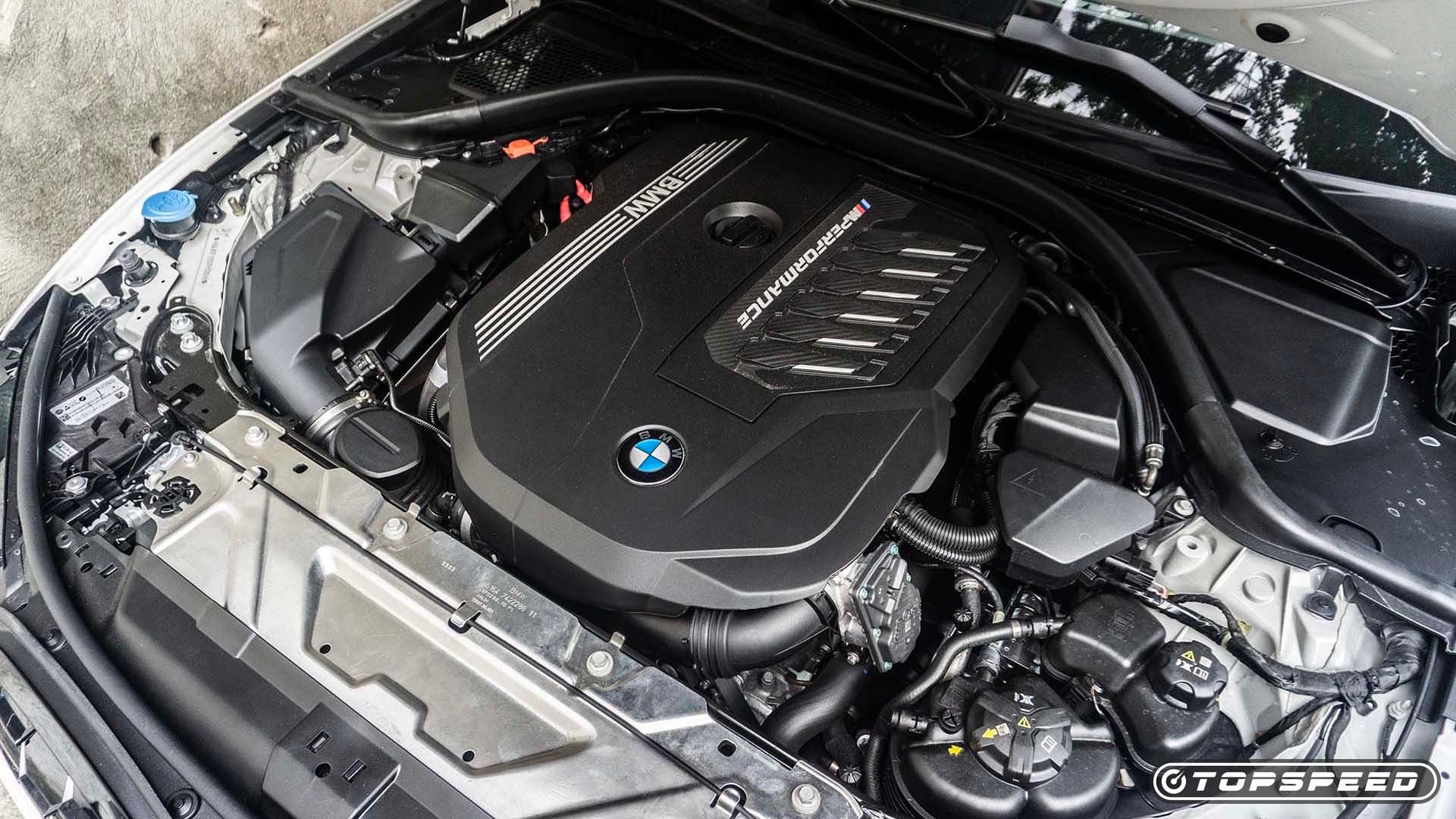Checking Out the Efficiency Enhancements of the most recent BMW Engine Designs
Checking Out the Efficiency Enhancements of the most recent BMW Engine Designs
Blog Article
Unveiling the Intricacies of Next-Generation Power Units: a Deep Dive Into Advanced Engine Innovations and layouts
As we stand on the precipice of a brand-new era in transport, the ins and outs of next-generation engine layouts bid us to check out the sophisticated innovations and technologies that assure to redefine the driving experience. Delving much deeper into the realms of exhaust control, smart engine administration systems, and the perspective of power unit development, we find ourselves on the cusp of an improvement that guarantees to improve the landscape of movement as we understand it.
Development of Engine Products

The shift towards progressed engine products has also enabled engineers to create engines with greater power results while preserving gas efficiency requirements. The use of lightweight products decreases the general weight of the engine, leading to boosted fuel economic climate and reduced discharges. In addition, advancements in products modern technology have permitted much better thermal monitoring within engines, resulting in enhanced reliability and durability.
Turbocharging and Supercharging Technologies
Exactly How do Turbocharging and Supercharging Technologies transform engine performance and efficiency in modern cars? Turbo charging and turbocharging are modern technologies that substantially improve engine performance by enhancing the quantity of air intake right into the combustion chamber. Turbocharging achieves this by utilizing a generator driven by exhaust gases to pressurize the intake air, while turbo charging uses a belt- or chain-driven compressor to accomplish the exact same effect.
These modern technologies allow smaller sized, a lot more fuel-efficient engines to produce power equal to bigger ones, understood as downsizing. By compeling more air into the cyndrical tubes, supercharging and turbocharging boost combustion effectiveness, resulting in enhanced horse power and torque outcome without a considerable boost in engine dimension. This brings about better acceleration, lugging ability, and general driving efficiency.
Additionally, turbo charging and turbocharging add to improved gas efficiency by enabling the usage of smaller engines that consume less fuel under typical driving problems - bmw engine. This mix of boosted performance and effectiveness has made turbocharging and supercharging important elements of several contemporary engine layouts
Emission Control and Environmental Influence
With enhancing international problems regarding air quality and environmental sustainability, the application of discharge control technologies in vehicles plays a vital function in lowering unsafe toxins launched into the ambience. Modern cars are geared up with innovative emission control systems that assist decrease the ecological effect of automotive procedures. Catalytic converters, for circumstances, are made to transform toxic gases such as carbon monoxide, nitrogen oxides, and hydrocarbons right into much less hazardous substances like carbon dioxide and water vapor.
In addition, developments in engine technology, such as the assimilation of exhaust gas recirculation systems and discerning catalytic reduction, have actually significantly added to lowering emissions. These technologies operate in tandem to enhance burning efficiency and minimize the launch of hazardous contaminants right into the air. In addition, the advancement of crossbreed and electrical cars represents a crucial step towards reducing the overall environmental footprint of the transport industry.
Intelligent Engine Administration Equipment

In addition, these systems allow cars to fulfill stringent emissions requirements without endangering efficiency, giving a more eco-friendly driving experience. The assimilation of man-made intelligence and machine understanding abilities in engine monitoring systems remains to press the borders of what is possible, bring about further improvements in performance, dependability, and overall lorry performance. bmw engine. As automobile innovation breakthroughs, intelligent engine monitoring systems will certainly play an important duty in forming the future of transportation towards a much more lasting and reliable direction
Future Trends in Power System Development
As smart engine monitoring systems lead the way for boosted control and optimization in modern vehicles, future trends in power system advancement are positioned to redefine the landscape of automobile propulsion innovations. One of the key patterns driving advancement in power unit growth is the shift in the direction of electrification. With a raising concentrate on sustainability and minimizing carbon discharges, hybrid and electric powertrains are ending up being more prevalent in the automobile market. These different source of power offer enhanced efficiency and efficiency while aligning with rigorous environmental policies.
An additional substantial fad is the assimilation of innovative materials and producing techniques. Light-weight materials such as carbon fiber and light weight aluminum are being utilized to lower general automobile weight, improving gas effectiveness and efficiency. Additionally, innovations in 3D printing and additive manufacturing are making it possible for the production of complicated engine components with greater accuracy and toughness.
Furthermore, man-made intelligence and device understanding are playing a critical function in maximizing power device efficiency. These technologies permit for real-time tracking and flexible control, leading important source to a lot more reliable and trustworthy power shipment. Generally, future trends in power system development are geared in the direction of sustainability, performance, click now and efficiency, driving the auto market towards a brand-new age of propulsion modern technologies.

Conclusion
In verdict, the advancements in engine products, turbocharging, discharge control, and intelligent monitoring systems have led the method for next-generation power units. The intricate layouts and advancements in contemporary engines showcase the continuous development of automobile modern technology.
Checking out the modern advancements in engine products has been pivotal in enhancing the performance and efficiency of modern-day engines. Over the years, the advancement of engine products has actually played an important duty in pressing the boundaries of what engines can attain.The change towards progressed engine materials has actually also enabled designers to develop engines with higher power outputs while maintaining fuel performance requirements.The execution of intelligent engine monitoring systems in modern-day vehicles has actually changed the way engines are managed and enhanced for performance and efficiency. By accumulating information in real-time and assessing it with sophisticated algorithms, smart engine administration systems can adapt to driving designs, environmental factors, and engine wellness to make the most of power output while reducing fuel intake and exhausts.
Report this page